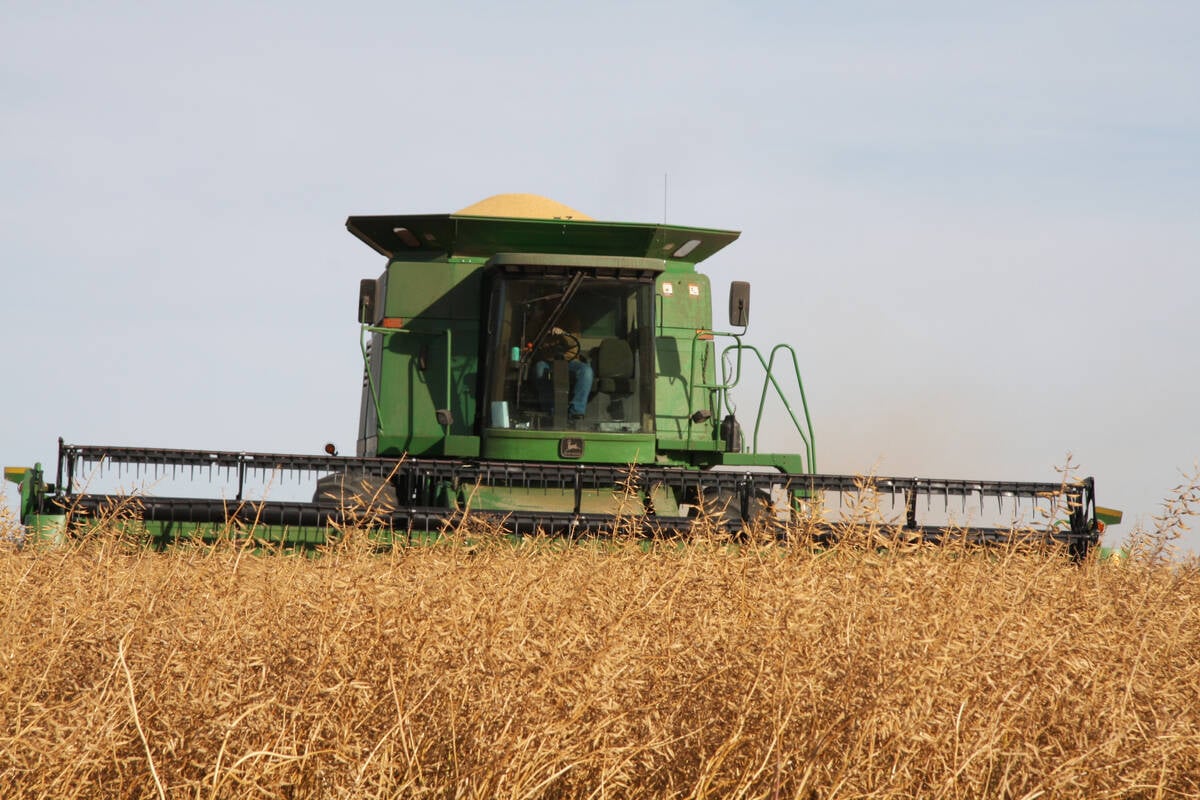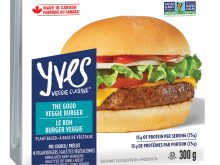WINNIPEG — Asia is home to 4.8 billion people, who live in about 50 countries that contain dozens of unique food cultures.
Therefore, anyone who claims to understand the “Asian consumer” and what the typical Asian likes to eat probably doesn’t know what they’re talking about.
“There is no such thing as an Asian consumer,” said Andrew Powell, chief executive officer of Asia BioBusiness, a life science company in Singapore that specializes in agriculture and food.
Read Also

Mustard processor expands in southern Alberta
$30 million expansion for southern Alberta mustard facility adds milling capacity to largest supplier in the world of value-added milled mustard products
“There are consumers who live in Asia.”
Powell travelled to Manitoba in late September to participate in a panel discussion on the global marketplace for proteins at the Protein Industries Canada annual meeting in Winnipeg.
Understanding the preferences of consumers in Taiwan and how they differ from Indonesia or Malaysia isn’t easy for a small company in Saskatchewan that wants to export a fababean protein or a roasted lentil snack food across the Pacific.
To help bridge that knowledge gap, Protein Industries Canada has partnered with Nurasa, a firm in Singapore that specializes in food product development and commercialization.
Together, the two have created the Asia-Pacific Market Entry program.
”(It) will fast track opportunities for Canadian plant-based ingredient and food companies to bring their products directly to this important market,” federal agriculture minister Heath MacDonald said in August.
Canadian firms that participate in the program will get help from Nurasa to navigate local regulations and test market their products for consumers in Asia.
Xiuling Guo, Nurasa’s chief executive officer who attended the Protein Industries Canada meeting in Winnipeg, told a story about what she ate at a Winnipeg hotel to illustrate an opportunity for Canadian exporters.
“This morning I had a breakfast with the most delicious granola,” she said, adding the oats in the granola had higher level of protein than she’s accustomed to.
“For me, this is an upgrade…. And the granola tastes really good.”
The granola may be high quality, but Nurasa could help a Canadian food company tweak the recipe or change the marketing so it appeals to consumers in Singapore, Vietnam or Indonesia.
The Asia-Pacific Market Entry program is open until Oct. 15. For more information, click here.


















